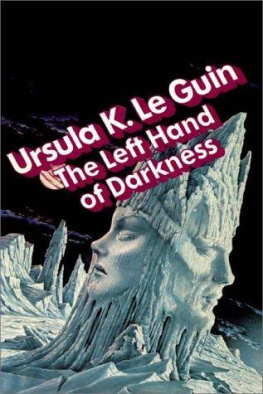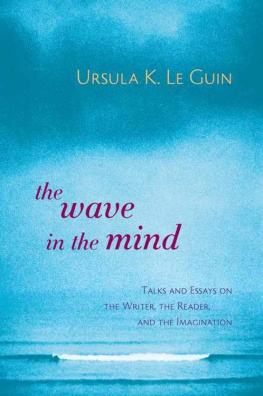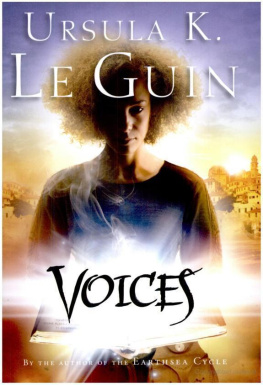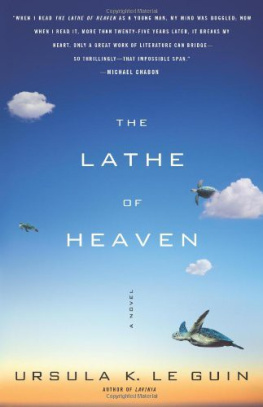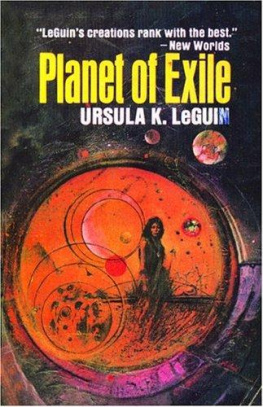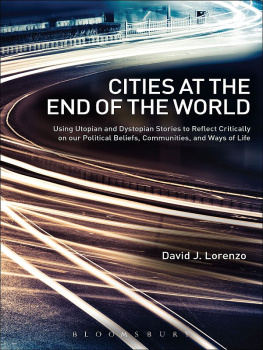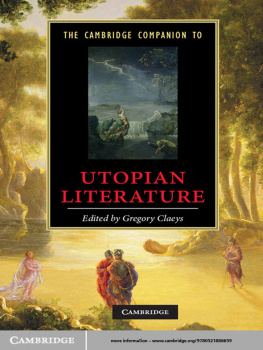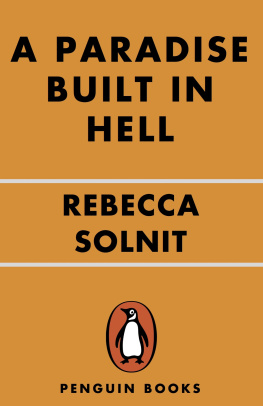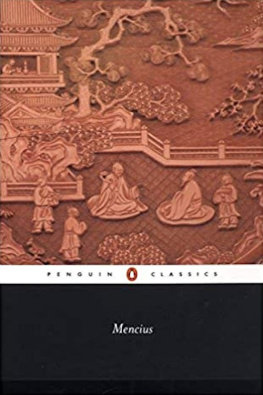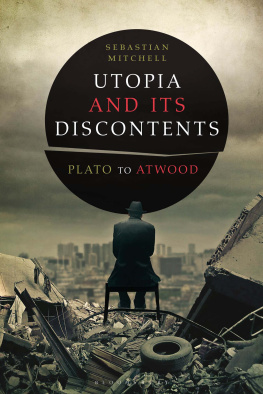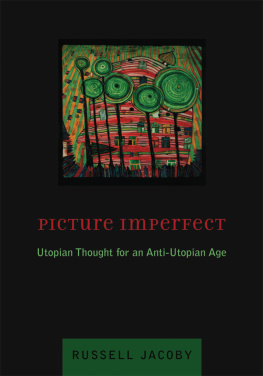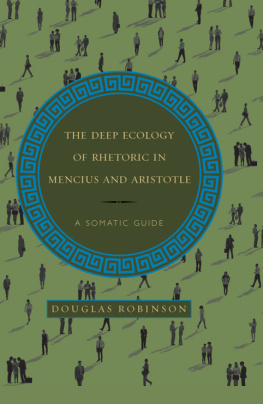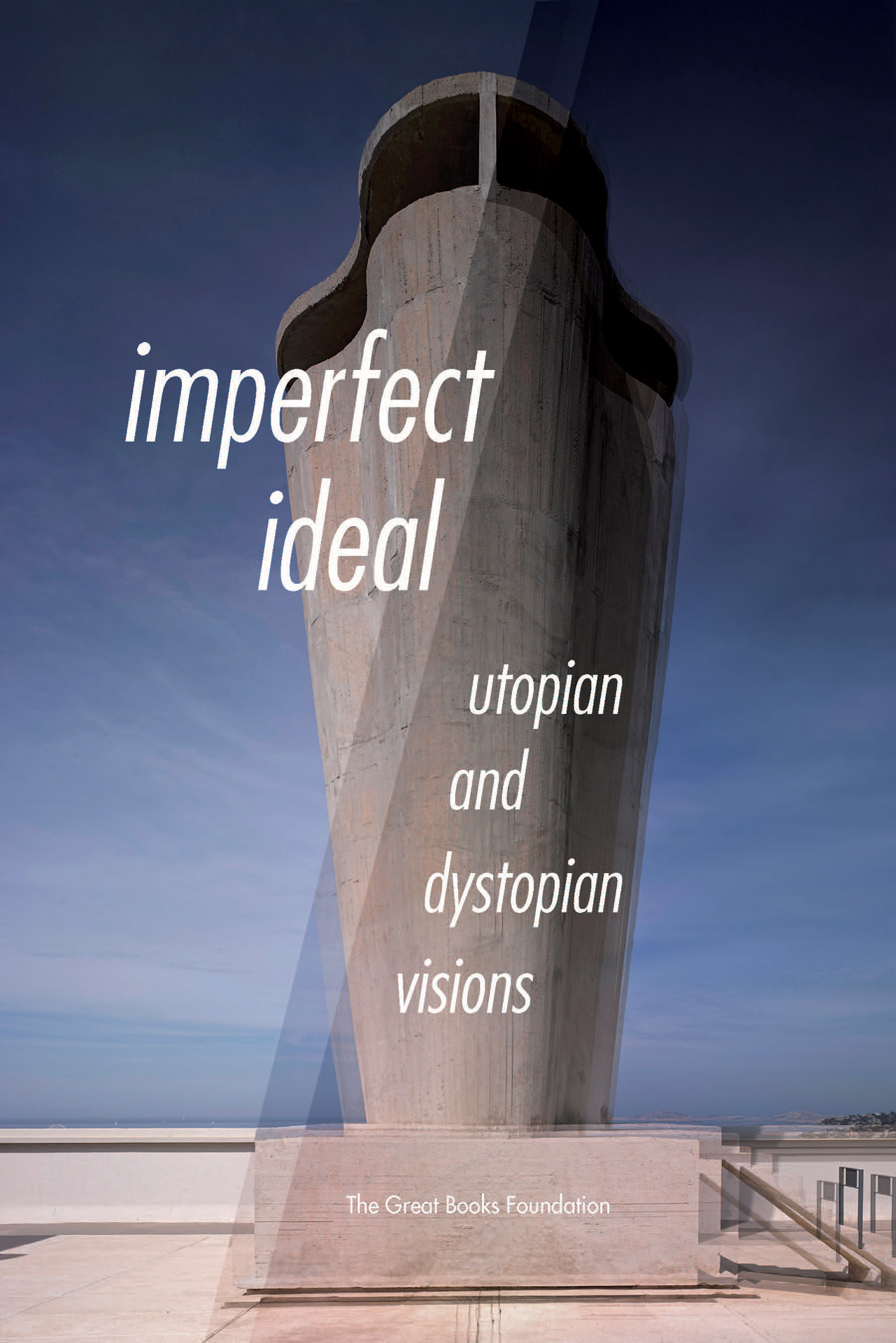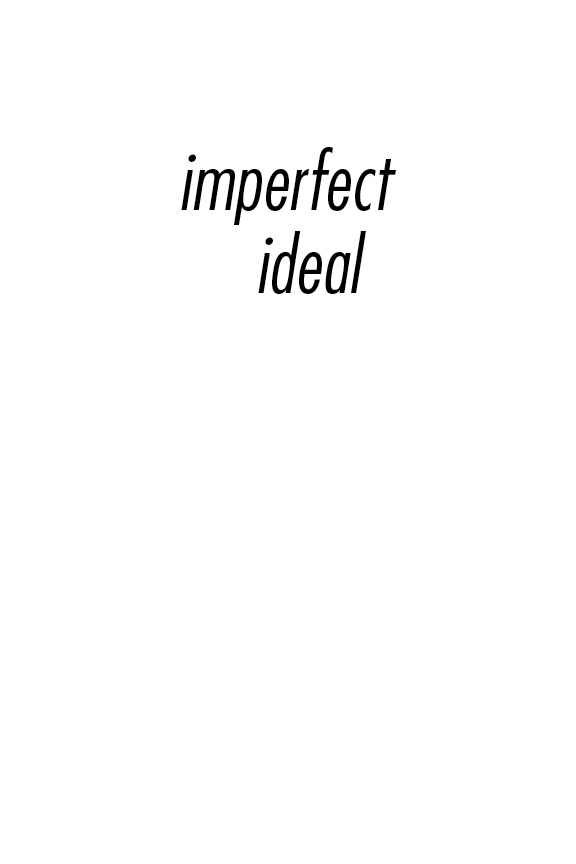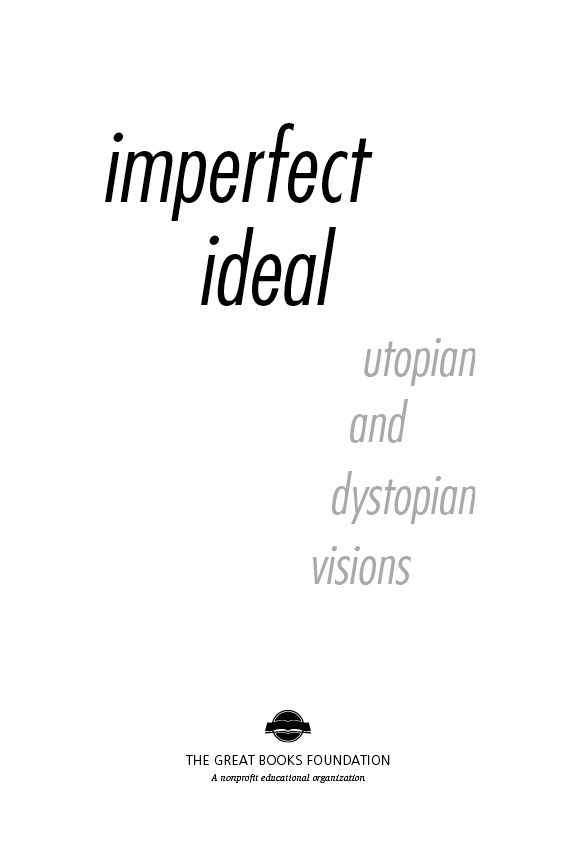Selected and Edited By
Denise Ahlquist, Louise Galpine, and Donald H. Whitfield
Contributors
Nancy Carr
Steven Craig
Kelsey Crick
Mary Klein
Dylan Nelson
Tom Pilcher
Devin Ross
Audrey Schlofner
Josh Sniegowski
Jamie Spagnola
Samantha Stankowicz
Mary Williams
Cover image: Unite Dhabitation, Marseille, France, Architect: Le Corbusier, 1952. Copyright Edmund Sumner/VIEW/Corbis.
Cover graphic design: Audrey Schlofner
Interior design: THINK Book Works
Published and distributed by
The Great Books Foundation
A nonprofit educational organization
35 E. Wacker Drive, Suite 400
Chicago, IL 60601
www.greatbooks.org
Shared Inquiry is a trademark of the Great Books Foundation. The contents of this publication include proprietary trademarks and original materials and may be used or quoted only with permission and appropriate credit to the Foundation.
Copyright 2015 by The Great Books Foundation
Chicago, Illinois
All rights reserved
ISBN 978-1-939014-20-7 (print) 978-1-939014-21-4 (ebook)
First printing
9 8 7 6 5 4 3 2 1
Library of Congress Cataloging-in-Publication Data
Imperfect ideal : utopia and dystopian visions / selected and edited by Denise Ahlquist, Louise Galpine, and Donald H. Whitfield.
pages cm
ISBN 978-1-939014-20-7 (pbk. : alk. paper) ISBN 978-1-939014-21-4 (ebook)
1. Utopias. 2. Dystopias. I. Ahlquist, Denise. II. Galpine, Louise. III. Whitfield, Donald H.
HX806.I57 2015
335.02dc23
2015002951
About the Great Books Foundation
The Great Books Foundation is an independent nonprofit educational organization that provides opportunities for people of all ages to become more reflective, critical thinkers and readers through Shared Inquiry discussion of written works and ideas of enduring value.
The Great Books Foundation was established in 1947 to promote liberal education for the general public. In 1962, the Foundation extended its mission to children with the introduction of Junior Great Books. Since its inception, the Foundation has helped thousands of people throughout the United States and in other countries begin their own discussion groups in schools, libraries, and community centers. Today, Great Books instructors conduct hundreds of workshops each year, in which educators and parents learn to lead Shared Inquiry discussion.
Contents
Ursula K. Le Guin
Thomas More
Wislawa Szymborska
Homer / W. H. Auden
Rebecca Solnit
Riichi Yokomitsu
Michel de Montaigne
Fyodor Dostoevsky
Mencius
Aristotle
Robert Nozick
Saint Augustine
Theodor Herzl
Robert Owen
Oscar Wilde
Vladimir Lenin
Yevgeny Zamyatin
E. M. Forster
Jennifer Egan
George Saunders
Margaret Atwood / Rachel Carson
Preface
Through the ages, people have looked at the communities in which they lived, with all their virtues and flaws, and dreamed of how they could be perfected. Their proposals have taken many forms but what they have in common is confidence in the ability of human beings to intervene in the headlong rush of history and implement plans to reorganize and reorient existing societies for the purpose of securing the well-being of all their citizens. In sixteenth-century England, Thomas More published his version of a plan for a perfect society and coined the term Utopia. Ever since, this name has attached itself to the wide range of proposals, both those preceding and following More, that hold out visions of communities more just, more rational, and more perfect, according to the authors lights, than any of those that exist.
But a utopian solution to societys ills carries with it the risk that fallible human beings are limited in their ability to foresee the consequences of plans for the radical reorganization of society. Remedies for the perceived flaws of complex communities, no matter how benign in principle and well-intentioned, may result in horrific conditions that far exceed the abuses of the pre-utopian world. In recent years, many works of literature have portrayed these malign consequences and given rise to the term dystopian to describe such worlds.
The selections in Imperfect Ideal represent some of these utopian and dystopian visions and challenge readers to address many of the perennial questions regarding how human society should be structured and governed and what kinds of communities are most conducive to human fulfillment, both privately and in the civic arena. Imperfect Ideal is organized into six sections, each containing selections that are thematically related, as described in the introduction to each section. Individual readers and discussion groups will find that reading and talking about the selections in the sections in relation to each other will lead to a more stimulating and rewarding experience.
About Shared Inquiry
A Shared Inquiry discussion begins when the leader of the discussion group poses an interpretive question to participants about the meaning of a reading selection. The question is substantial enough that no single answer can resolve it. Instead, several answerseven answers that are in conflictmay be valid. In effect, the leader is telling the group: Here is a problem of meaning that seems important. Lets try to resolve it.
From that moment on, participants are free to offer answers and opinions to the group, to request clarification of points, and to raise objections to the remarks of other participants. They also discuss specific passages in the selection that bear on the interpretive question and compare their differing ideas about what these passages mean. The leader, meanwhile, asks additional questions, clarifying and expanding the interpretive question and helping group members arrive at more cogent answers. All participants dont have to agree with all of the answerseach person can decide which answer seems most convincing. This process is called Shared Inquiry.
In Shared Inquiry discussion, three kinds of questions can be raised about a reading selection: factual questions, interpretative questions, and evaluative questions. Interpretation is central to a Shared Inquiry discussion but factual questions can bring to light evidence in support of interpretations and can clear up misunderstandings. On the other hand, evaluative questions invite participants to compare the experiences and opinions of an author with their own and can introduce a personal dimension into the discussion.


